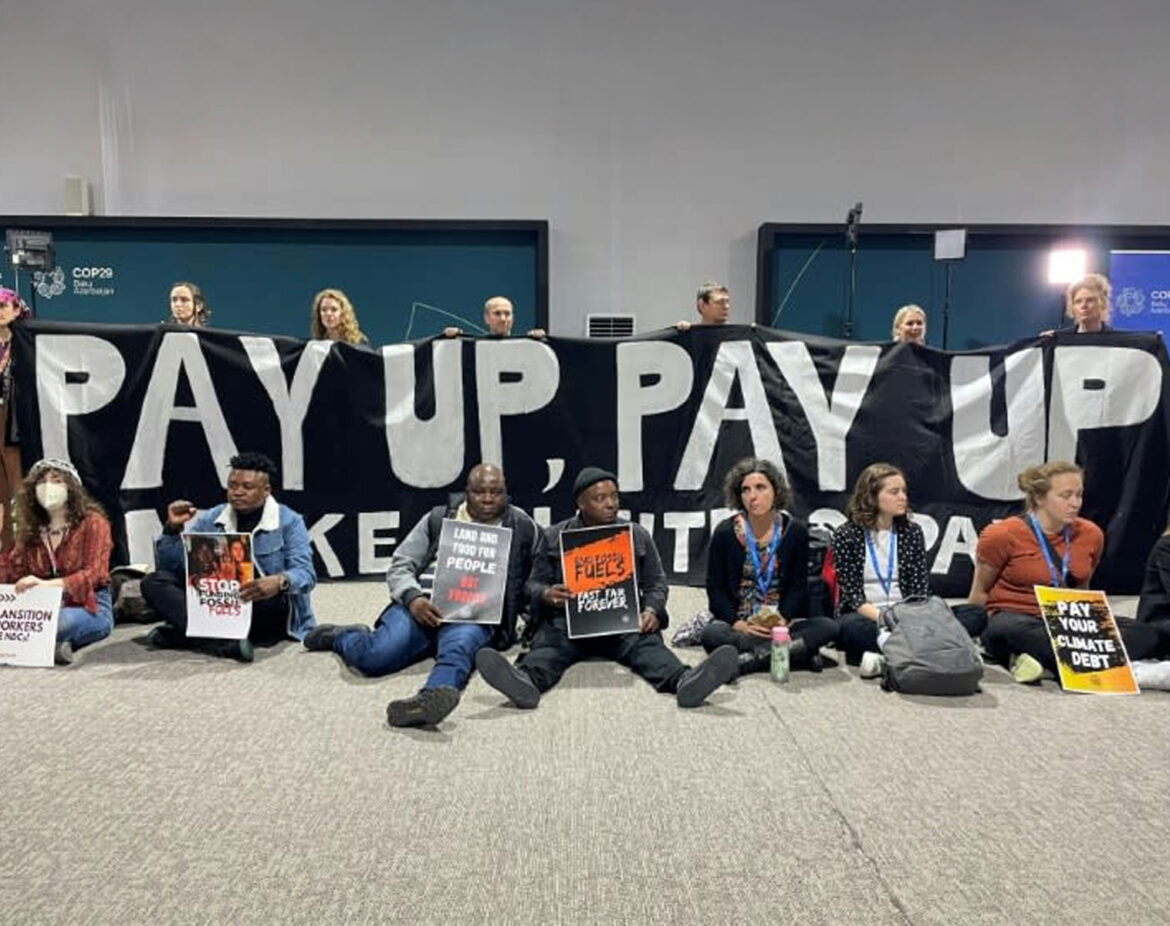Negotiators at the COP29 climate summit in Azerbaijan scrambled on Tuesday to resolve an impasse in talks after G20 leaders, meeting in Rio de Janeiro, acknowledged the need for “trillions” in climate financing for poorer nations but left critical details unresolved.
The long-awaited G20 declaration refrained from explicitly endorsing a transition away from fossil fuels, a significant disappointment for environmental advocates. However, its focus on scaling up both public and private climate finance was cautiously welcomed by some at the Baku conference.
A Divided Response to G20 Commitments
UN climate chief Simon Stiell urged countries to “bypass the posturing” and find common ground. “We urgently need all nations to move swiftly across all issues,” Stiell said in a statement from the venue.
The G20’s acknowledgment of the financial needs in the “trillions” was described as a “good building block” by Adonia Ayebare, chair of the G77+China group of developing nations. However, Ayebare criticized the vague language suggesting funding could come from “all sources,” emphasizing that developing nations prefer grants over loans from public sources.
Rich nations have long been urged to boost their $100 billion annual pledge for climate action in developing countries. Developing countries, however, argue this falls short, pushing for a $1.3 trillion annual commitment to address the impacts of climate change and aid in transitioning to clean energy.
Fiji’s deputy prime minister, Biman Prasad, called for a reallocation of global financial priorities, noting, “The reality is that $1.3 trillion pales in the face of the seven trillion spent annually on fossil fuel subsidies. The money is there; it is just in the wrong place.”
Tensions Over Donor Responsibility
The G20 statement also reignited debates over who should shoulder the financial burden. The U.S. and European Union are pressing for nations like China—classified as a developing country but now the world’s second-largest economy—to contribute more.
Saudi Arabia’s opposition to references reaffirming a transition away from fossil fuels further stalled progress. “We as a global community cannot afford to backslide,” EU climate envoy Wopke Hoekstra said, emphasizing the importance of building on last year’s “UAE consensus.”
Activists Criticize Lack of Leadership
Environmental activists were less optimistic. Mohamed Adow, founder of Power Shift Africa, praised the G20’s acknowledgment of the financial need but said the rhetoric did little to address the immediate challenges in Baku.
Indian activist Harjeet Singh criticized the G20 for its “stark failure in leadership,” saying the lack of a unified call to move away from fossil fuels hindered progress at COP29. “Their rehashed rhetoric offers no solace for the fraught negotiations,” Singh said.
As COP29 enters a crucial phase, negotiators face mounting pressure to bridge divides on climate finance, energy transitions, and shared responsibilities, with the clock ticking to secure meaningful progress.



